US studies widen reach
By Li Yang | China Daily | Updated: 2019-02-20 07:29
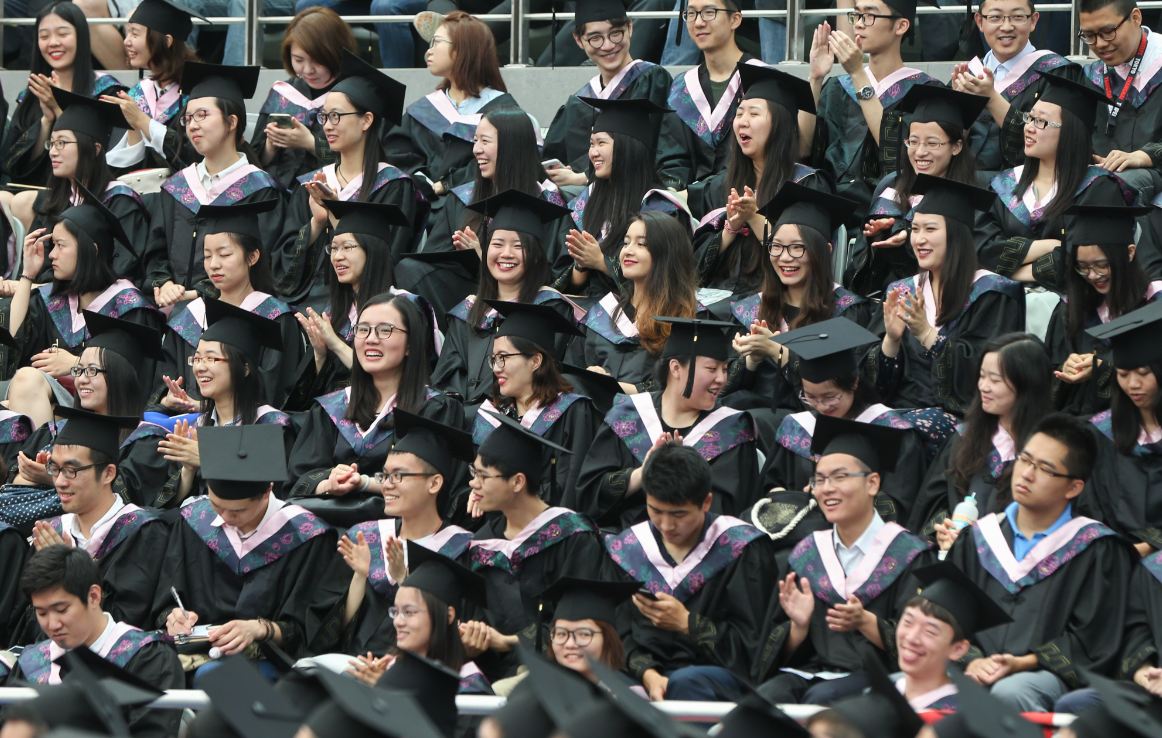
Work by scholars and researchers pays dividends
Editor's note: In a world facing increasing challenges on a number of fronts, such as isolationism and protectionism, different nations and cultures now have a stronger need and desire to get to know one another better. In this series, "China and the World: Learning and Understanding", we look at efforts that have been and are being made globally to broaden international communication and studies. This article is the second in the series.
In May 1981, Stanley Hoffmann, a professor of international relations theory at Harvard University in the United States, presented a book he authored to Ni Shixiong, a student from Shanghai, at his office.
On the title page, Hoffmann wrote, "For my first Chinese student-colleague, with much esteem and best wishes for his career."
Hoffmann, who died in 2015 at age 86, might not have expected Ni to become one of the leading researchers on US studies in China.
US studies were rarely heard of in China in 1978, when Beijing opened its doors to the rest of the world with the launch of the reform and opening-up policy. Today, the discipline has considerable significance as relations between the two largest economies feature prominently on the global stage.
Ni recalled his first meeting with Hoffman in an article he wrote in 2015. "He is in his 50s, bald and thin. A pair of profound eyes glittering behind a pair of gold-rimmed spectacles tell of his intelligence. He was surprised that a Chinese student knew about his research and theories, and was glad to be my tutor," Ni wrote.
Ni was a co-founder and later director (2000-06) of the Center for American Studies at Fudan University, the only US studies institute affiliated to the Ministry of Education. The center was founded in 1985 with the help of the USAID program, a federal government project primarily responsible for administering civilian foreign aid and development assistance.
The early-and mid-1980s witnessed the founding of two other venues that are strategically important for China's US studies today: the Institute of American Studies of the China Institutes of Contemporary International Relations (1980) and the Institute of American Studies of the Chinese Academy of Social Sciences (1981).
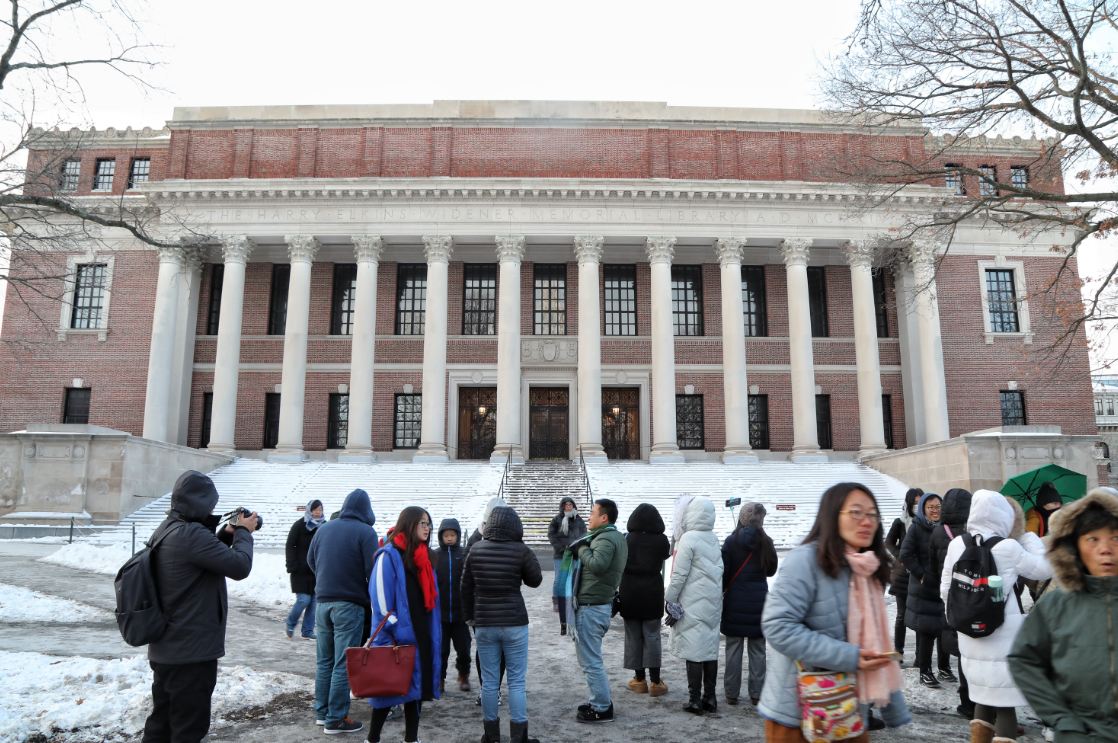
After Ni, more and more Chinese scholars went to the West to study international relations and politics, and later became the backbones of these institutes, and founded others.
For instance, Wang Jisi, an instructor in politics at Peking University, who is eight years younger than Ni, studied at Oxford University (1982-83) and the University of California Berkley, and later became head of the Institute of American Studies at CASS from 1992 to 2005.
Zi Zhongyun, 89, and Li Shenzhi, who died in 2003 at age 80, were the first and second directors of the Institute of American Studies of CASS from 1981 to 1992.
The older generation of scholars carried out some fundamental work for US studies in China by cultivating a batch of students in international relations and politics.
The scholars became proficient in English thanks to their studies at schools founded by Christian missions from the US and the United Kingdom, such as Yenching University in Beijing and St. John's University in Shanghai.
The scholars' work served as an important reference point for Beijing to formulate US policies in the 1970s and 1980s, which not only paved the way for establishing bilateral diplomatic ties, but marked a new stage in China's development that featured opening up to the rest of the world.
The younger generation of researchers come from a different background. Most of them, born after the 1950s, experienced the "cultural revolution" (1966-76) in their school years, and were admitted by colleges in the late 1970s and the early 1980s, when the national college entrance examination, the gaokao, was resumed.
College students in the 1980s had a great thirst for knowledge and information about the outside world.
Wu Xinbo is director of the Center of American Studies at Fudan University. He said in an interview with a newspaper from his hometown in Yuexi county, Anhui province, "I spent a lot of time studying English in the first two years of my college days at Fudan in 1982 and 1983, as I realized that a lack of proficiency in the language was a big disadvantage for students from the countryside like me."
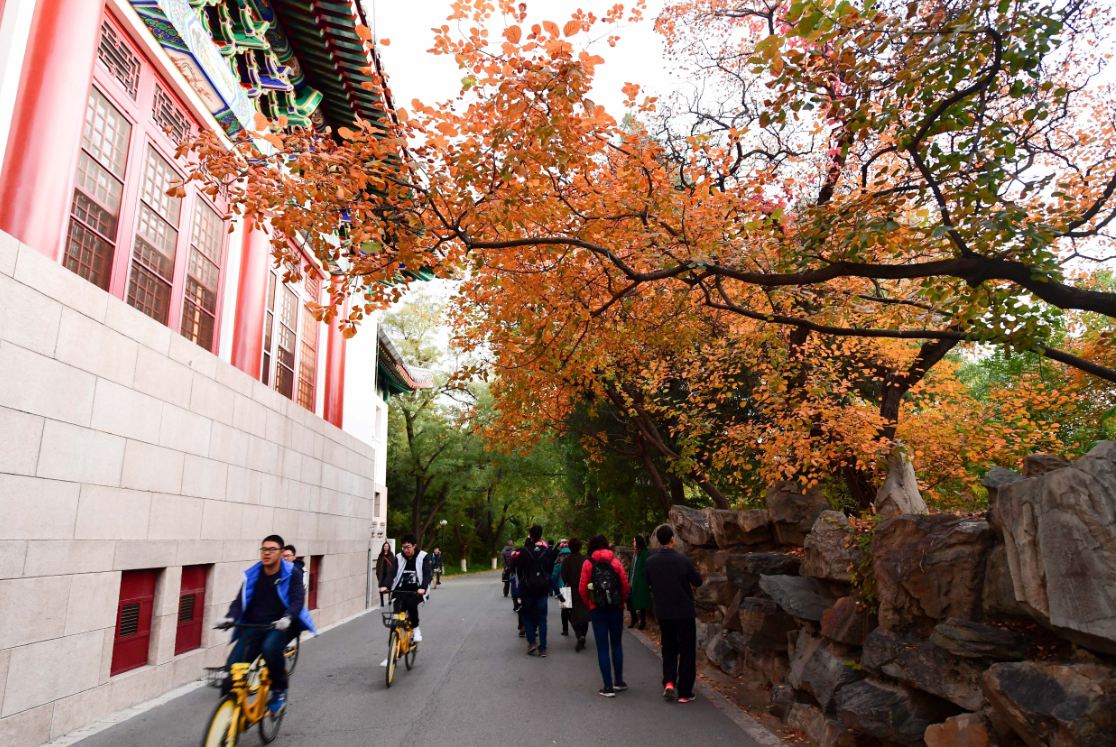
Li Jianming, a history professor at Fudan University, was director of the board of the American History Research Institution of China from 2002 to 2010. Li wrote in a paper, "Almost all of the US studies scholars growing up in the 1980s have something in common in that they look for solutions to China's problems from their research of the US, using the US experience to serve China's development."
Yu Bin, a researcher with the Shanghai Association of American Studies, wrote in his column for aisixiang.com, "Many scholars of US studies are divided into two groups-admirers and critics. Both tend to exercise value judgment on the US before their research, which is intent on offering China advanced experience or painful lessons of the US."
Some scholars believe that the US represents solutions to almost all problems confronting human society, and its system can and should be copied by other countries, Yu wrote.
Scholar Zi Zhongyun wrote in her bestselling book, Ten Lectures on the US, that on the one hand many Chinese think the US is a hegemonic industrialized state and military power, but some also consider it a "desert of history, culture and civilization, which is totally a misunderstanding of the country, whose cultural and religious roots extend into ancient Greek civilizations".
Sino-US ties reached a low point in the early 1990s, when many books and papers were published in China criticizing the hypocrisy of US democracy and hegemony.
Li Jianming wrote in his paper, "Some of this research oversimplified complicated historical materials and only selected that which met preset conclusions."
Other scholars called for objective studies of the US in a bid to deepen mutual understanding and end the political deadlock quickly.
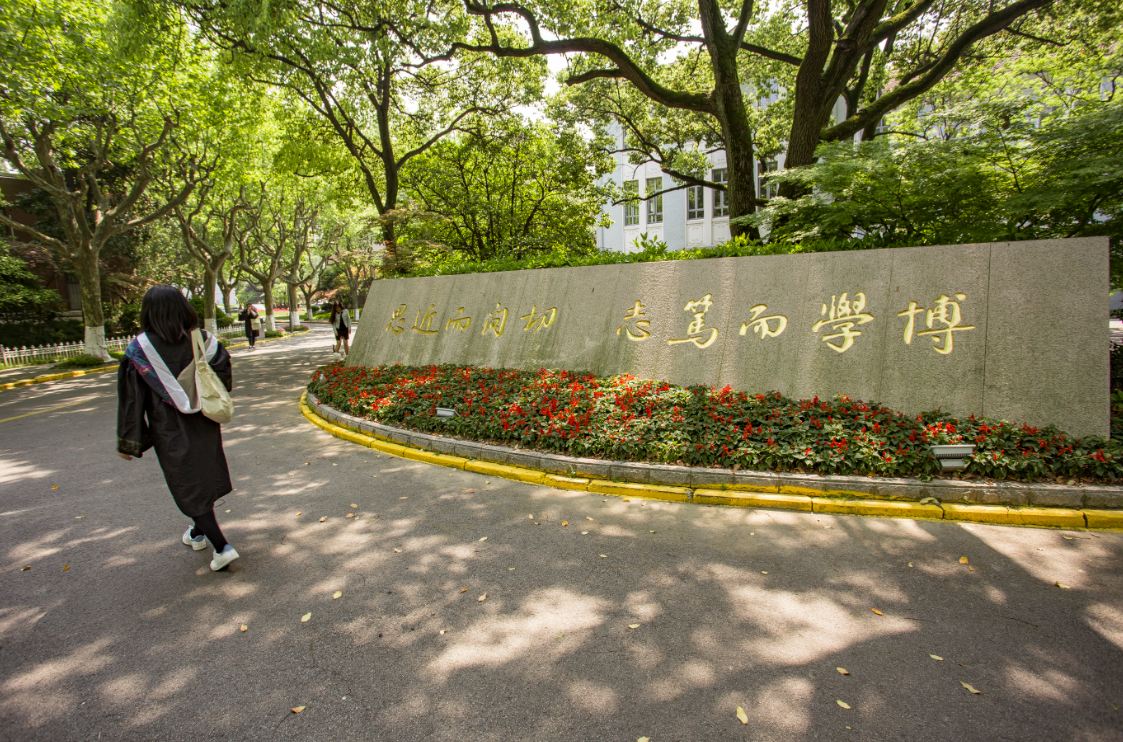
On Feb 28, 1992, a seminar on the 20th anniversary of the Shanghai Communique, a framework document laying the foundations for the founding of diplomatic relations between China and the US, was co-hosted by the Center for American Studies of Fudan University and the Institute of American Studies of CASS. The seminar was held in the hotel where the document was signed and released.
Ding Xinghao, then a researcher of US studies with the Shanghai Institutes for International Studies, attended the seminar. In an article he wrote that the event had a positive influence at home and abroad, conveying "friendly and open-minded messages" to the US.
In his article, Ding said that Li Shenzhi, who was head of the CASS Institute of American Studies, encouraged him to grasp and accumulate information and material related to the US, apply proper research methods and seek truth from facts.
"We, as researchers of the US, are obliged to do something to avoid the continuous deterioration of Sino-US ties," Ding wrote.
China began integrating with economic globalization after joining the World Trade Organization in 2001. Early this century, dozens of US study institutions were established in the country, mainly affiliated to key universities and social sciences academies in different provinces.
Since China became the world's second-largest economy in 2010, it has narrowed the economic gap with the US-its GDP was about 64 percent that of the latter's last year.
This has prompted some scholars to allege that the US is in decline. To them, China overtaking it, not only on economic scale but also as a comprehensive national power, is only a matter of time.
However, many observers insist that the US is far from declining, and that China still has a long way to go to overtake it.
Wang Jisi, who was director of the Institute of American Studies at CASS from 1992 to 2005, said the foundations of US power include rule of law, the country's values (or ideology), innovation, civil society and advantageous geographic location. "If these foundations have not weakened, the US still stands firm as the strongest country in the world," Wang said.
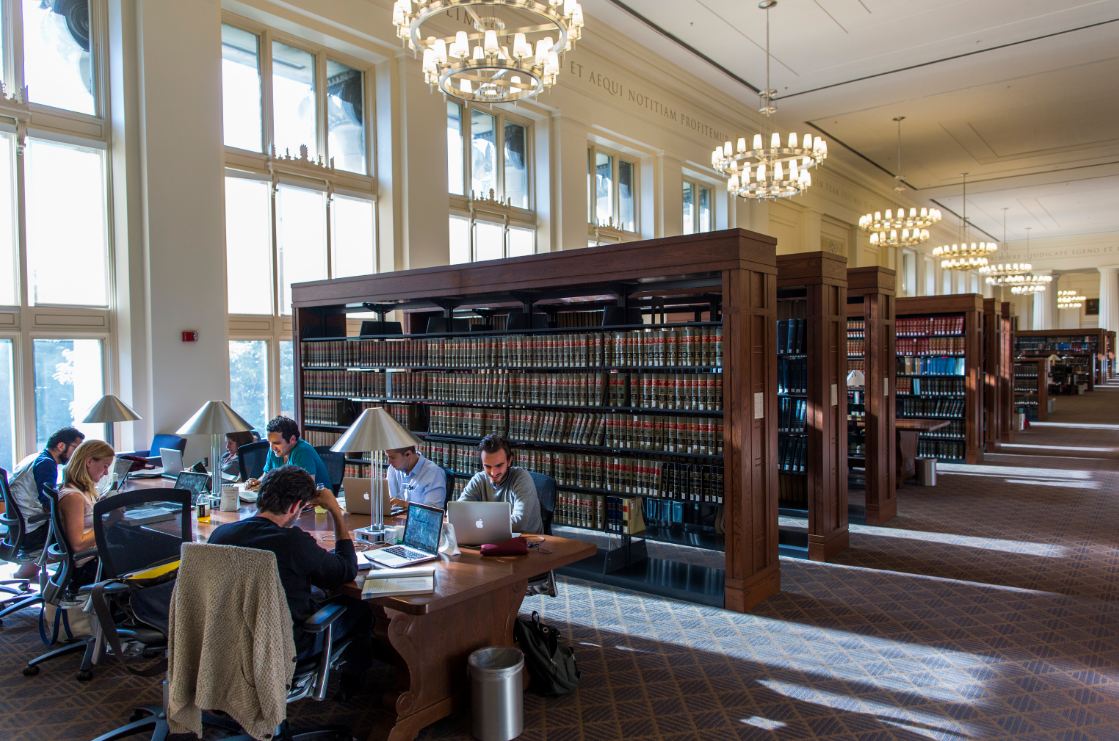
He added that Zi Zhongyun, former head of the institute, has said that as long as the US can still attract worldwide talent, it is far from declining.
A big problem with US studies in China, which have not changed since the 1980s, is the lack of firsthand research data and materials, Wang said.
Some people rely on secondhand and translated materials, which are "dangerous" for research, and their conclusions are "ironically resolute and decisive", Wang said.
He encourages young researchers to make better use of various exchange programs-which are more accessible today-to study in the US and gain firsthand experience and knowledge of the country.
He also urges young researchers to always consider the bigger picture, and view the US at different stages in its history when researching specific aspects of the country.
Cui Liru, head of the Chinese Institutes for Contemporary International Relations, said researchers of US studies at State-funded institutions should develop a political consciousness, as their work is deeply relevant to government policies and decisions.
Yan Xuetong, a researcher of international relations at Tsinghua University in Beijing, said in a recent interview with China Newsweek, "The competition with the US will come out into the open, extending into the foreseeable future and calling for higher-quality US studies in China. They (the two countries) are not friends of one another, and they are not enemies either."
Yan added, "China has plenty of reasons to keep a comparatively low profile, continuing to learn from others just as it has done to maintain high-speed growth over the past 40 years."
Dai Yujun and Zhu Jichang contributed to this story.
- In Munich, China shows positive role in global politics
- BRI promotes global trade, connectivity: think tanks
- Speech by H.E. Ambassador Liu Xiaoming at the HSBC Chinese New Year Celebration
- Pompeo puts US paranoia front and center in Europe: China Daily editorial
- Chinese diplomats in Canada keen to promote new progress in ties
























